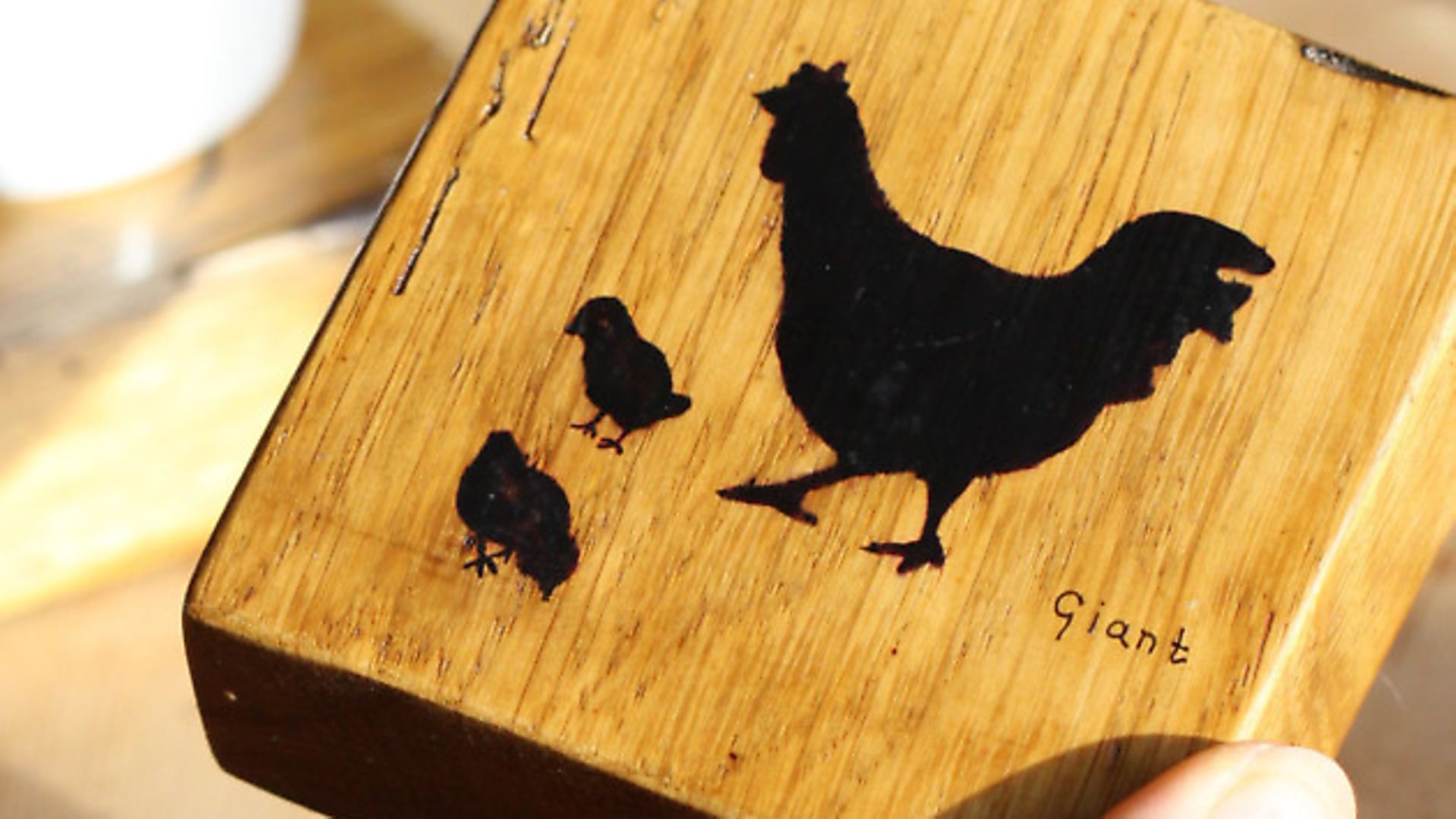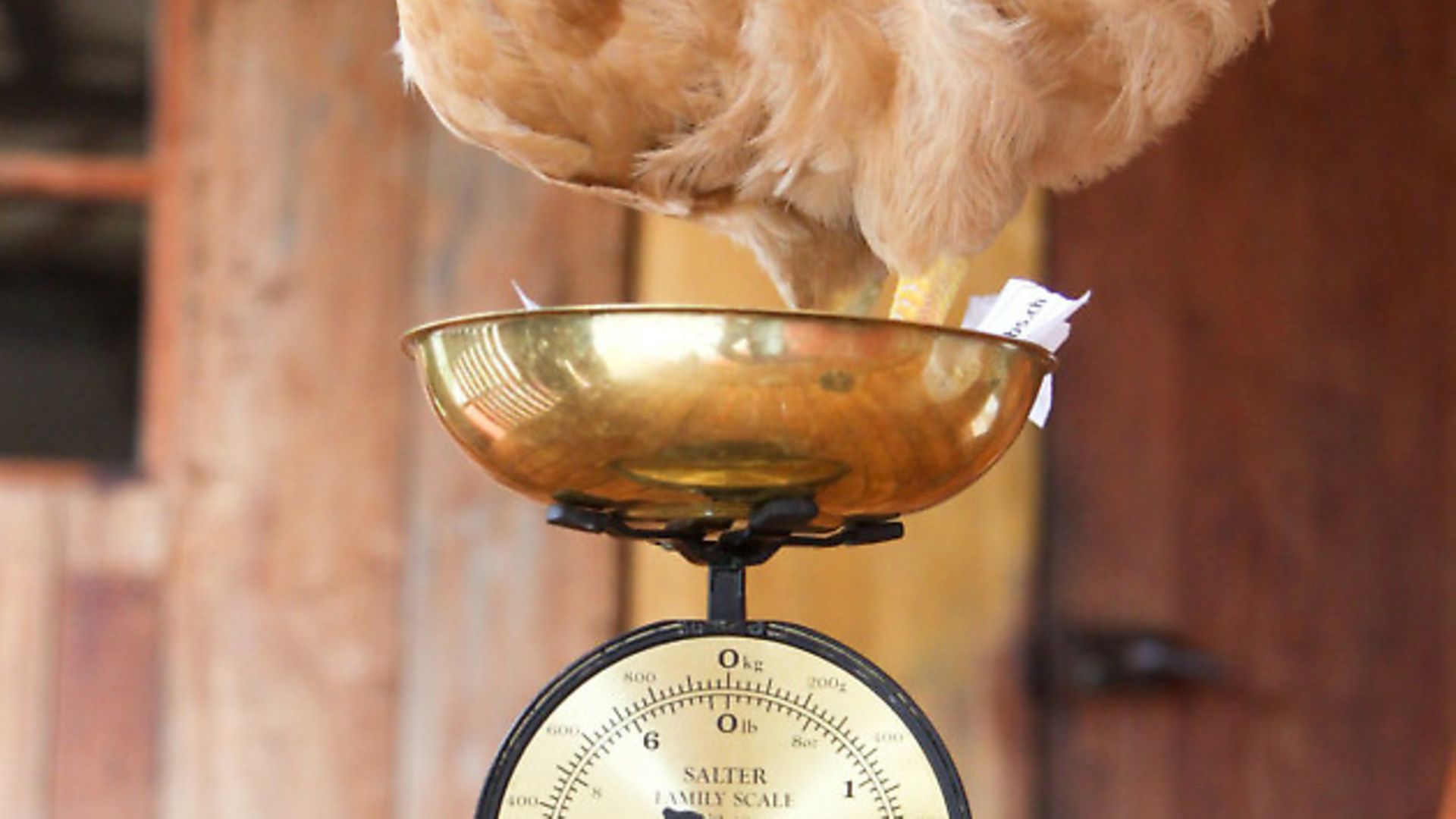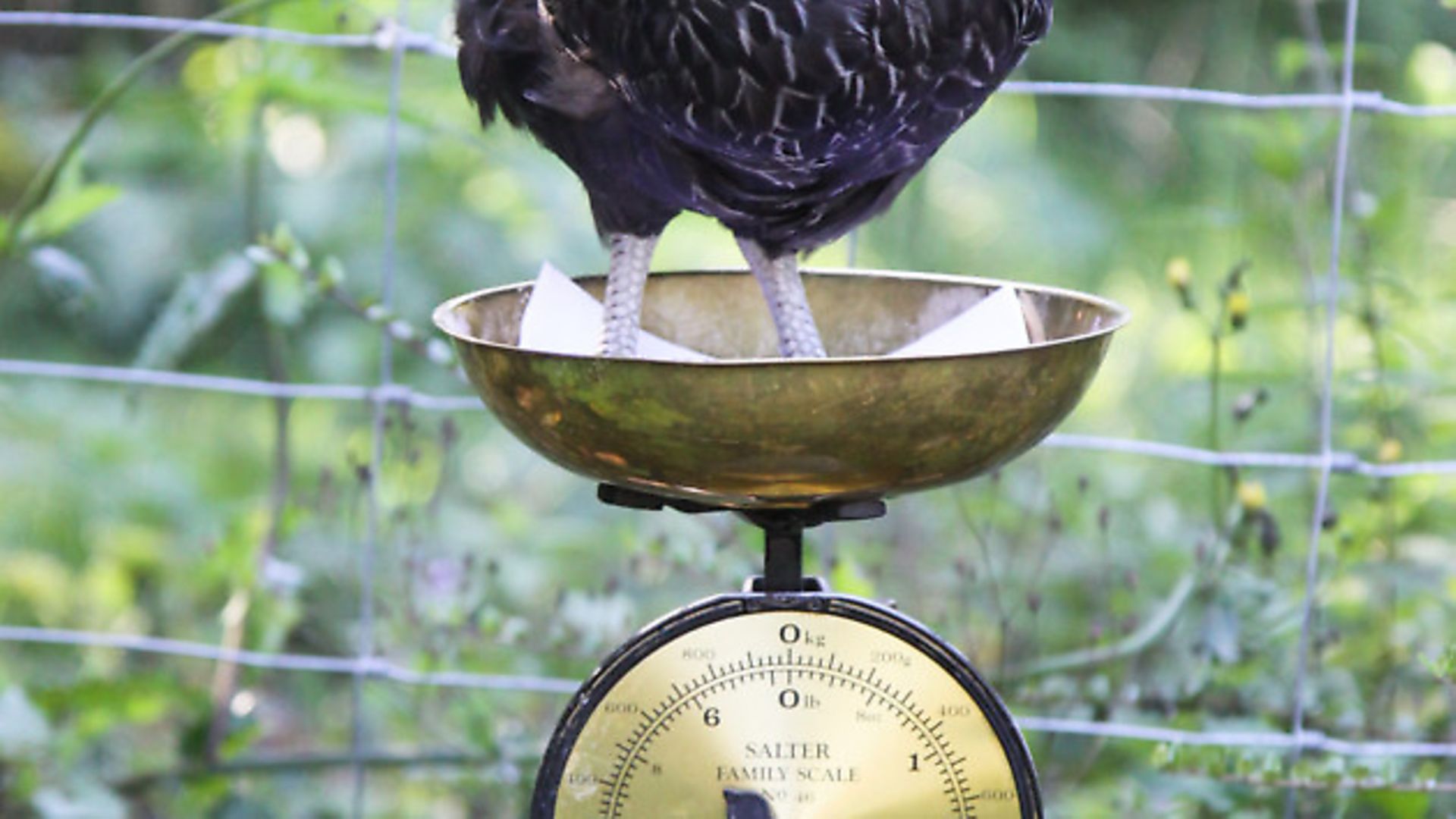In the second part of a feature about dealing with the death of a chicken, Julie Moore considers ways to remember them

The death of a flock member can be a devastating loss that’s akin to losing a family member. Planning ways to say goodbye and remember your chicken can be helpful and comforting for children and adults alike.
Considering the options and costs involved now will hopefully take away some of the worries you may have at a time when you are least equipped to deal with them.
Many people prefer to bury their pets, and chickens, in their own garden where they can tend the spot and still feel that their lost friend is near them. You should however check your local authority’s rules on home burial of animals — a dead animal is clinical waste and must be disposed of in a legal way.
“There are several practical points that people need to consider when choosing a suitable burial site in their gardens,” advises Julian Slater, a vet who has over 30 years experience in a mixed practice. “Your site should be in an area which is not liable to flooding, or near a pond, water supply pipes or underground power lines, not below the water table and away from the house,” recommends Julian. Once you have chosen a location, dig a hole at least 50cm deep.

The body should be wrapped in a sheet or other biodegradable material and placed in a biodegradable coffin, such as a cardboard box or wicker basket. Be creative and get the whole family involved in making and decorating your chicken’s coffin. Do not wrap the bird in polythene or use a plastic container for the coffin — they will not decompose properly.
You may wish to hold a simple ceremony where children and family members can say goodbye.
After placing the coffin in the grave, cover with soil and pack it down well. “It’s very important to cover the grave with a heavy stone to prevent the body from being dug up by remaining pets, foxes or badgers,” cautions Julian. “If a decomposing bird is exhumed, there is a danger that a pet dog, or any other animal, eating the carcase could contract botulism, a rare and often fatal paralytic disease.” Julian says. “The rate of decomposition varies according to temperature, soil type and aeration. In a warm, well aerated soil, the body should take about six months to decompose.”
Mark the grave so that you can avoid disturbing the area in the future. Children can help make and decorate a suitable headstone, perhaps painting the chicken’s name on it or writing a message. Encourage children to choose flowers to grow around the grave and help maintain the area.

If you need to make further burials at a later date, you should allow at least 30cm between graves.
As with all home burials or where ashes have been scattered in the garden, it may be upsetting for you to leave your chicken’s final resting place when you come to move home.
Other options
Your veterinary surgery can dispose of the body for you by incineration, but they will make a charge for this.
If you would like to receive your hen’s ashes back, you should make this clear to your vet. If they are unable to differentiate between your hen’s ashes and those of other animals, you can organise the cremation yourself directly with your chosen crematoria.
There are many pet crematoria throughout the country. Most will offer ‘individual’ cremations with the return of ashes as well as mass cremations. ‘Individual’ cremations will attract a price tag, so you may wish to check the authenticity of ‘individual’ cremations as one set of ashes is much like another. Ashes can be returned to you in a special casket for you to keep or you can bury the ashes in your garden. It’s also possible to buy a plot at the cemetery for your chicken, but remember there may be an annual maintenance charge.
Members of The Association of Private Pet Cemeteries and Crematoria must adhere to a strict code of conduct and offer pet owners a genuine individual cremation service. Further information, including a list of members nationwide can be found on the Association’s website (www.appcc.org.uk).
Cause of death
If your hen dies unexpectedly or inexplicably, you may wish to try to find out the cause of death. “It’s important for a post mortem examination to be carried out as soon as possible after death,” Julian continues. “As poultry specialists are few and far between, it may be better to find someone local rather than seek out a specialist.”
Most vets in general practice are able to perform a simple post mortem although the accuracy of the results will depend on the experience and expertise of the vet involved. If your vet is unable to perform a post mortem, they should be able to assist in finding someone who can.
Sometimes, cause of death isn’t evident without performing detailed tests — a specialist examination could be expensive, so you should enquire about costs beforehand.
“If you suspect foul play, for example, possible poisoning, be prepared for a hefty bill if you want a firm diagnosis,” warns Julian.
Regular checks
Whilst death is inevitable, we all have a duty of care to our flock during their lives with us. Julian sadly shakes his head. “Many of the sick birds that I am presented with are very thin and in the advanced stages of disease which makes the outcome, apart from euthanasia, frustrating for both myself and my client. I really can’t stress the importance of handling and weighing your birds regularly in order to pick up the early signs of disease.”
A final word
Saying goodbye to your chicken should not be a sombre occasion, but a celebration of their life, after all, you loved them and they touched your heart. Rest in peace, my feathered friend.
Image(s) provided by:
Archant
Archant
Archant







